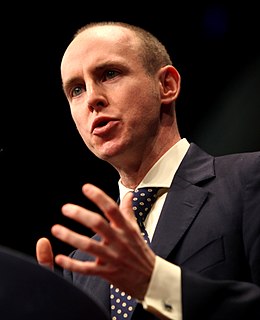A Quote by Thomas Gilovich
For desired conclusions, we ask ourselves, “Can I believe this?”, but for unpalatable conclusions we ask, “Must I believe this?
Related Quotes
There are some who ask us to believe that if we want the best of times for ourselves, the fit and the fortunate, then we'll just have to learn to live with the worst of times for millions of other Americans - that we're doomed to be a nation of the lucky and the left-out. I don't believe it. My mother didn't believe it. Your ancestors didn't believe it. And I don't think you should believe it.
If you stumble over mere believability, what are you living for? Love is hard to believe, ask any lover. Life is hard to believe, ask any scientist. God is hard to believe, ask any believer. What is your problem with hard to believe? Reason is excellent for getting food, clothing and shelter. Reason is the very best tool kit. Nothing beats reason for keeping tigers away. But be excessively reasonable and you risk throwing out the universe with the bathwater
Ask not of me, love, what is love?
Ask what is good of God above;
Ask of the great sun what is light;
Ask what is darkness of the night;
Ask sin of what may be forgiven;
Ask what is happiness of heaven;
Ask what is folly of the crowd;
Ask what is fashion of the shroud;
Ask what is sweetness of thy kiss;
Ask of thyself what beauty is.

































